From 15 to 19 September 2025, a study visit was held within the framework of the Erasmus+ KA2 ReGrow project at the Aristotle University of Thessaloniki, Greece. The delegation of Khmelnytskyi National University was represented by Kateryna Skyba, Vice-Rector for Scientific and Pedagogical Work and International Relations, and Andrii Martyniuk, Head of the Department of Industrial Engineering and Agro-Engineering.
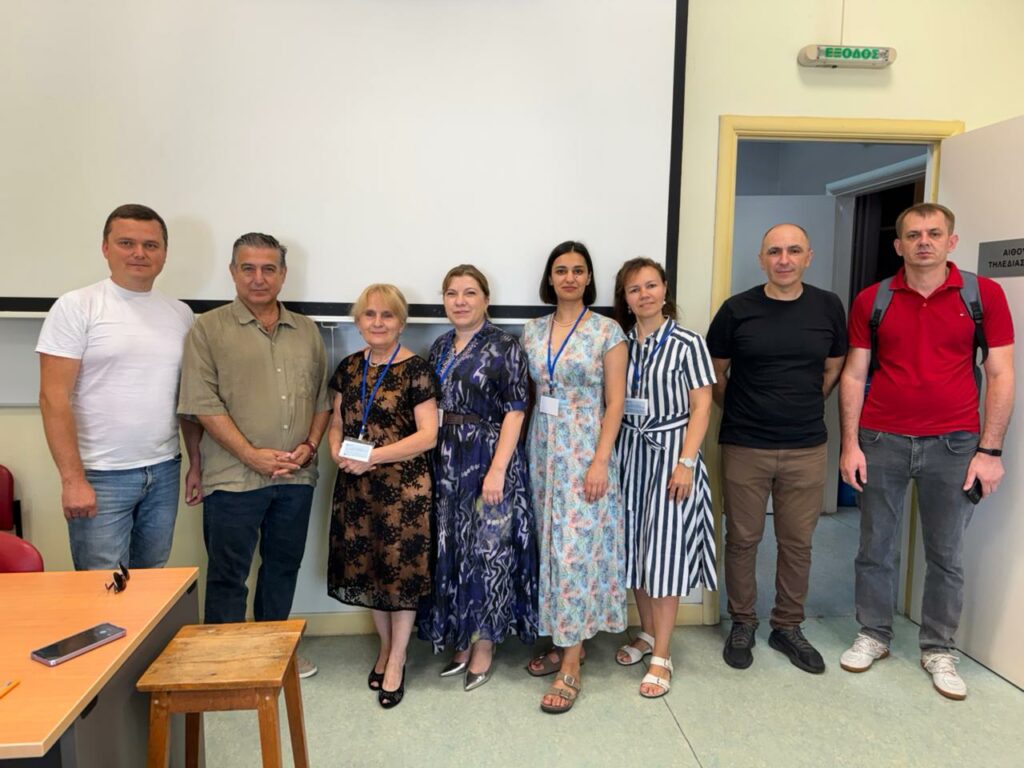
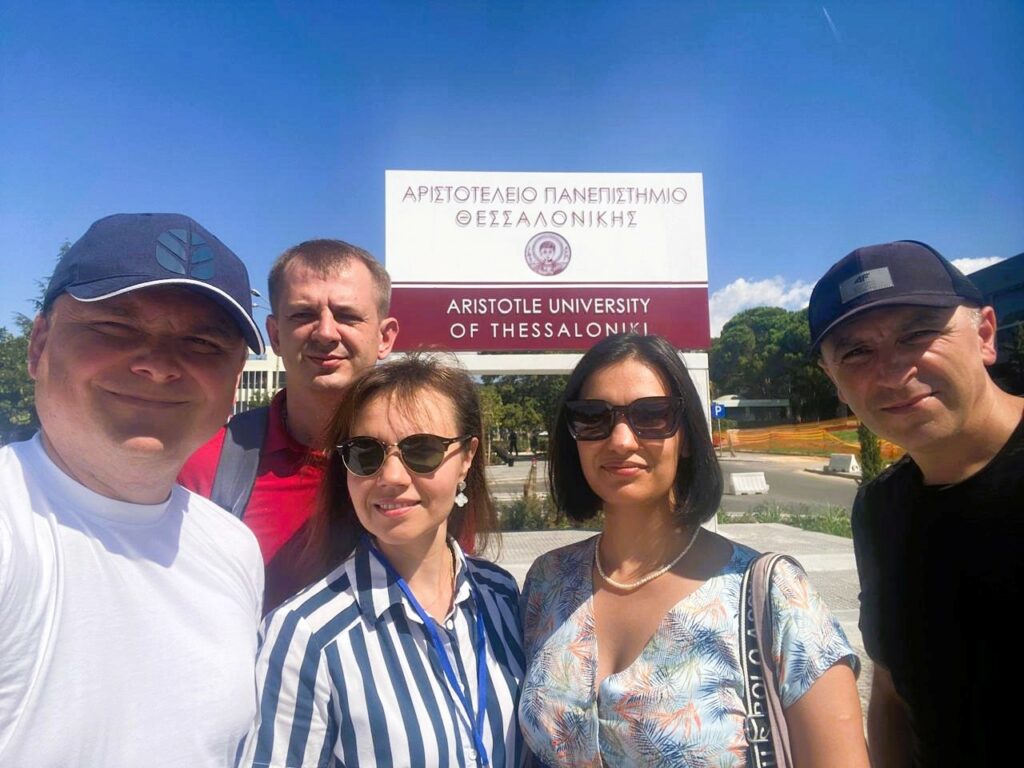
The Erasmus+ ReGrow project (“Rebuilding Growth in Agriculture in Post-Conflict Ukraine & Transitioning Georgia”), co-funded by the European Union, brings together universities and organisations from Ukraine, Georgia, Germany, and Greece. Its goal is to modernise agricultural education, develop innovative teaching methods, and support the recovery of Ukraine’s agricultural sector as well as the transformation of Georgia’s agri-education system.
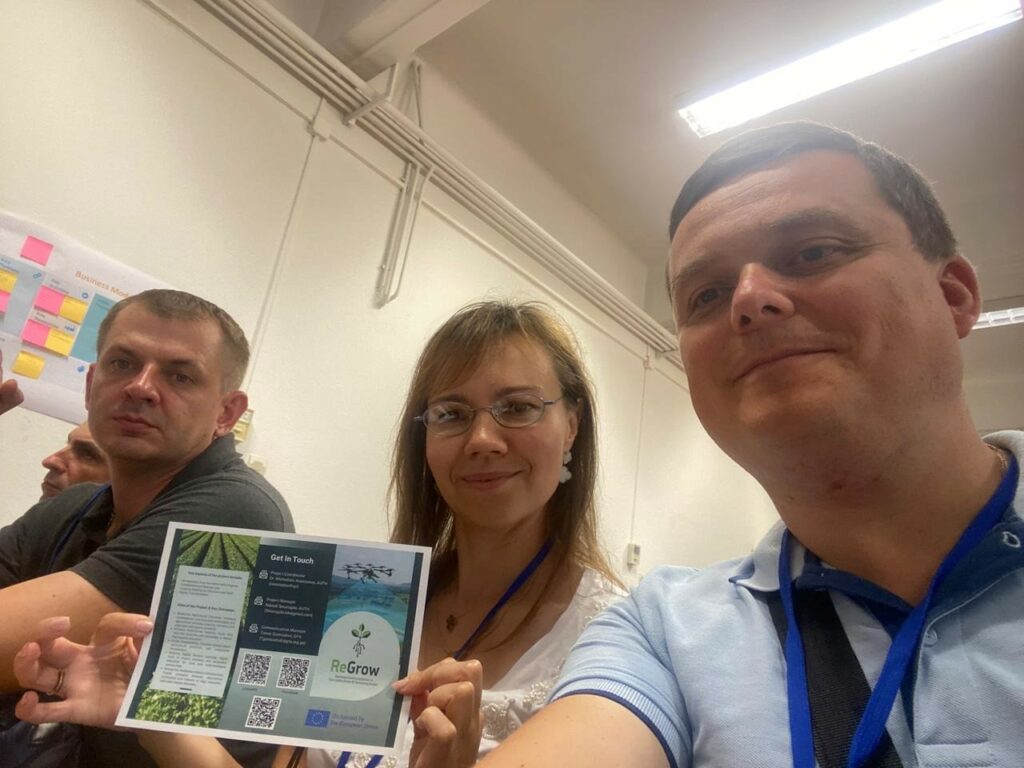
On the first day, participants were welcomed by AUTH coordinator Professor Anastasios Michailidis, who outlined the structure and objectives of the visit. Then, project manager Smaragda Nikouli presented modern pedagogical practices in higher agricultural education, including the use of interactive digital tools - Mentimeter, Kahoot, Padlet, and AUTH’s e-learning platform. Professor Chrysanthi Charatsari introduced the “Farm Field Schools” model as an example of practice-oriented learning. Professor Aikaterini Paltaki (AUTH) and Dr Giannis Tsotsos (Metropolitan College, Greece) presented the results of studies on curriculum modernisation and the identification of key competences required by today’s agricultural labour market.
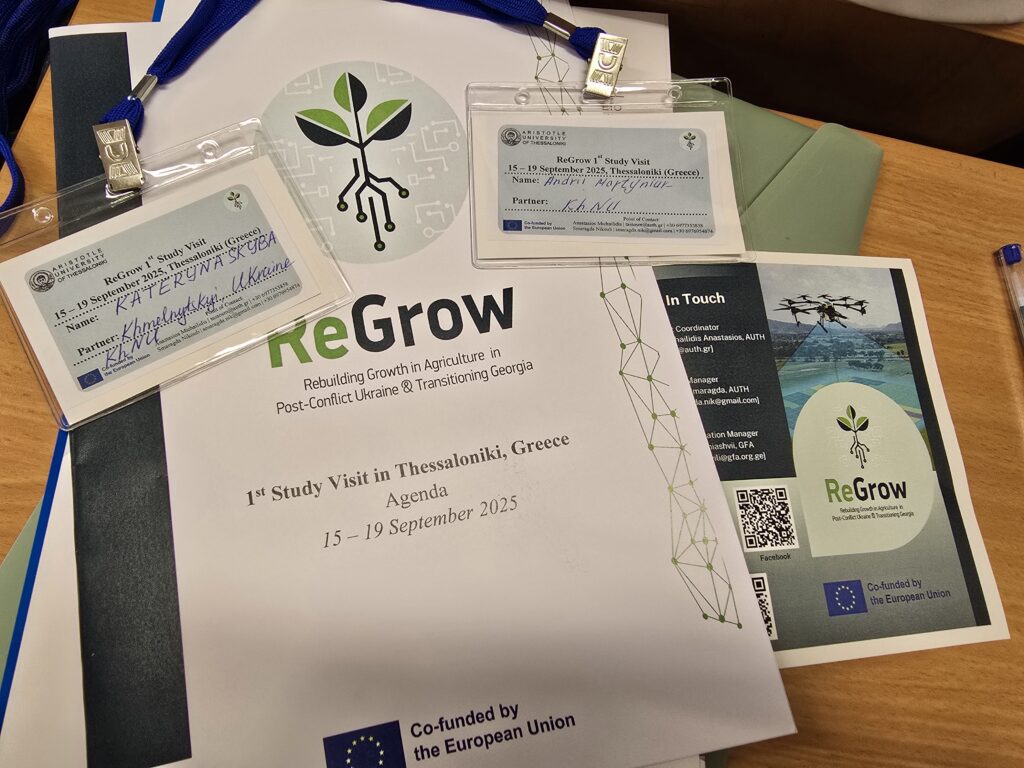
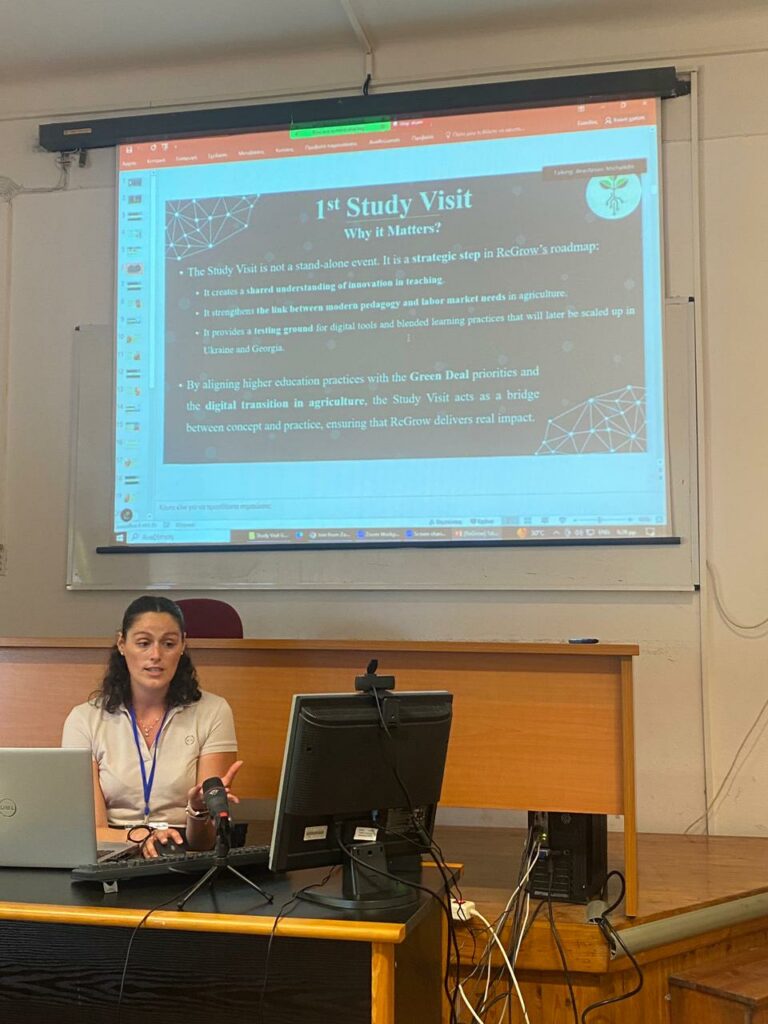
During the following days, participants visited AUTH’s innovation laboratories, learned about infrastructure management and how research results are integrated into the educational process. Much attention was paid to the approaches for developing a joint Master’s programme in Precision Agriculture, designed to include not only technical but also digital and transversal skills.
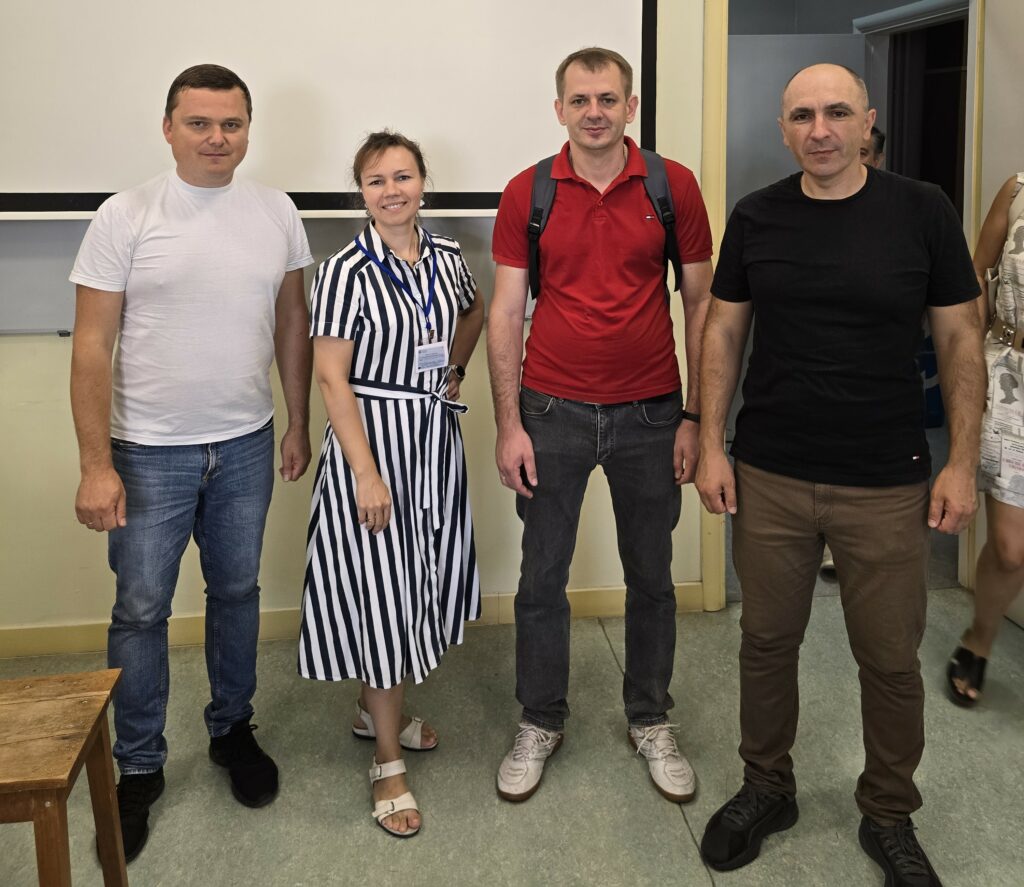
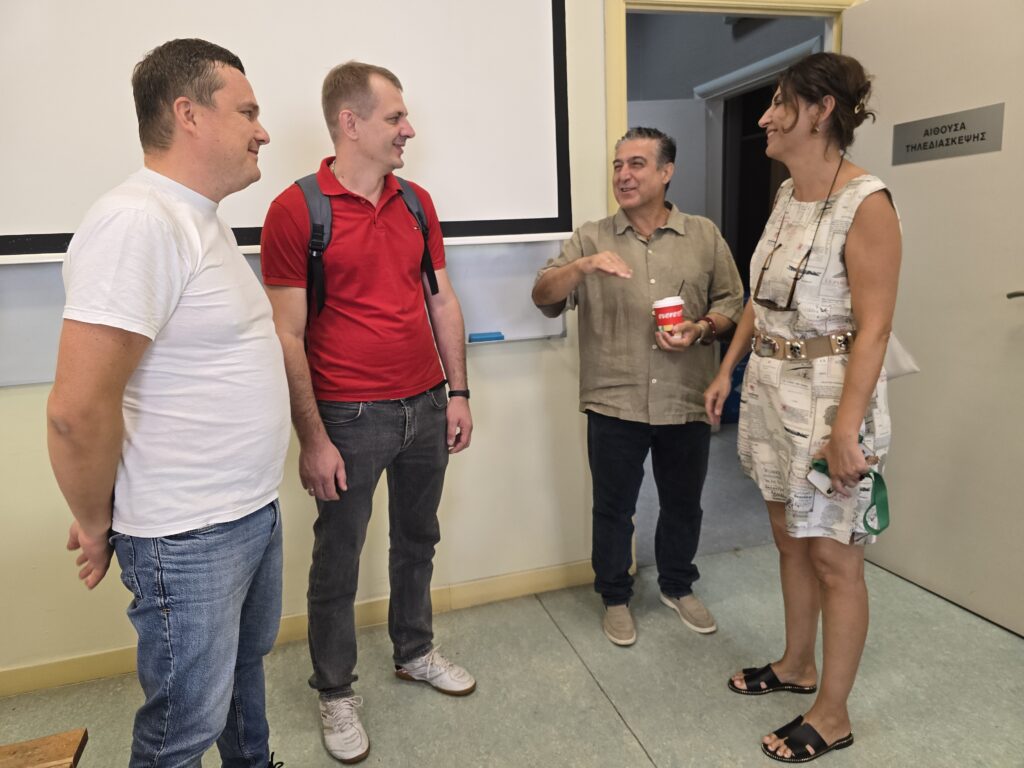
On the fifth day, the delegation visited a rice-producing farm, an important agricultural sector in Greece and the European Union. According to European Rice, more than 55% of Greek rice production is concentrated in Central Macedonia, particularly in the Axios, Loudias, and Aliakmon river deltas. Rice cultivation is considered a strategic initiative for food security and sustainable agricultural development.
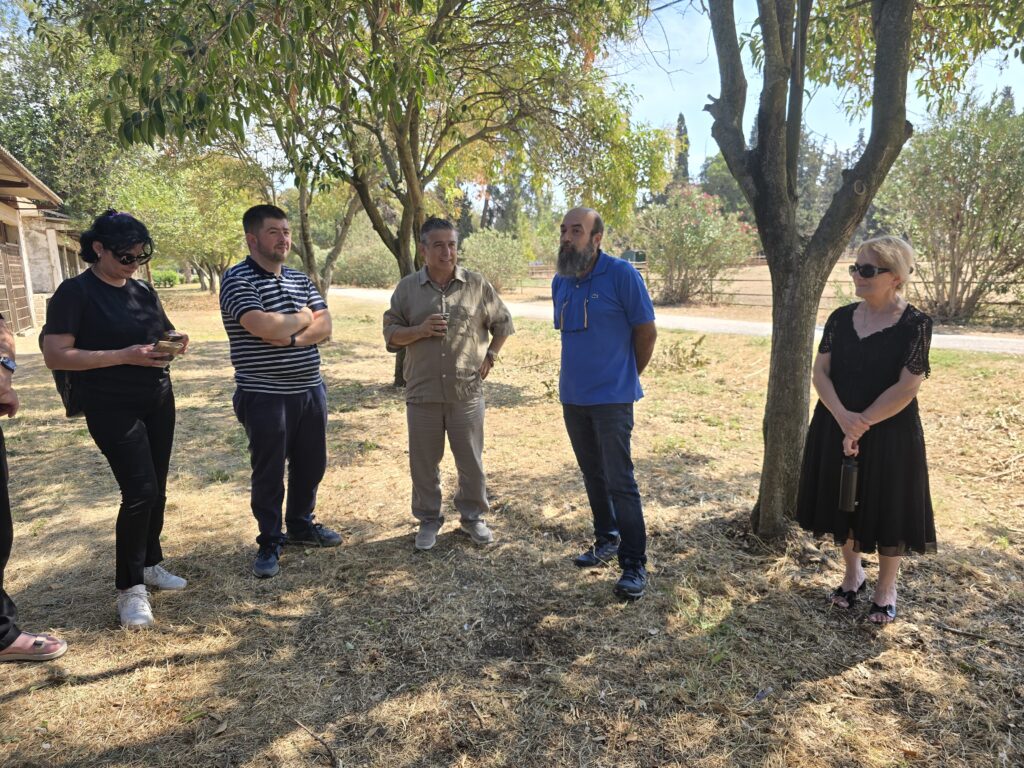
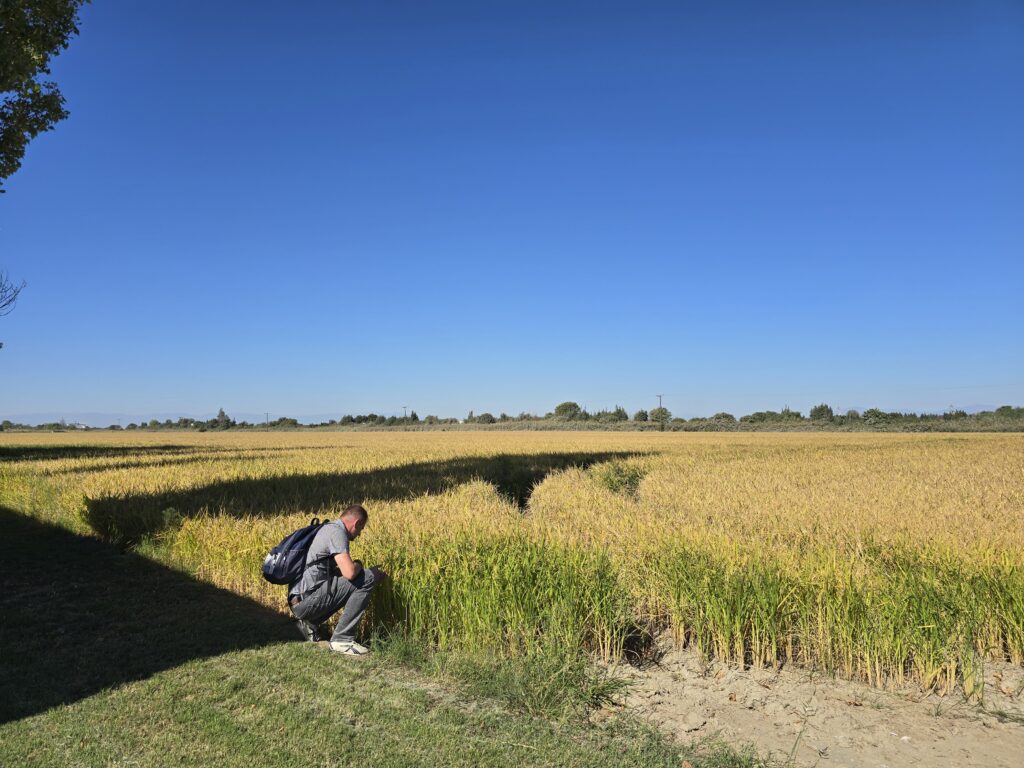
Of particular significance was the visit to the Rice Festival 2025 in Thessaloniki, held on 19–21 September. The event was organised by the Greek Rice Millers Association with the support of the Municipality of Delta and the City of Thessaloniki. The programme included culinary presentations, tastings, music and dance performances, as well as panel discussions on sustainable rice production. Representatives of European Rice highlighted the importance of Precision Agriculture in rice cultivation - to optimise irrigation, reduce the use of chemical fertilisers, and protect the environment. The experience shared during the festival is highly valuable and relevant for Ukraine in building modern agricultural programmes and aligning education with real market needs.
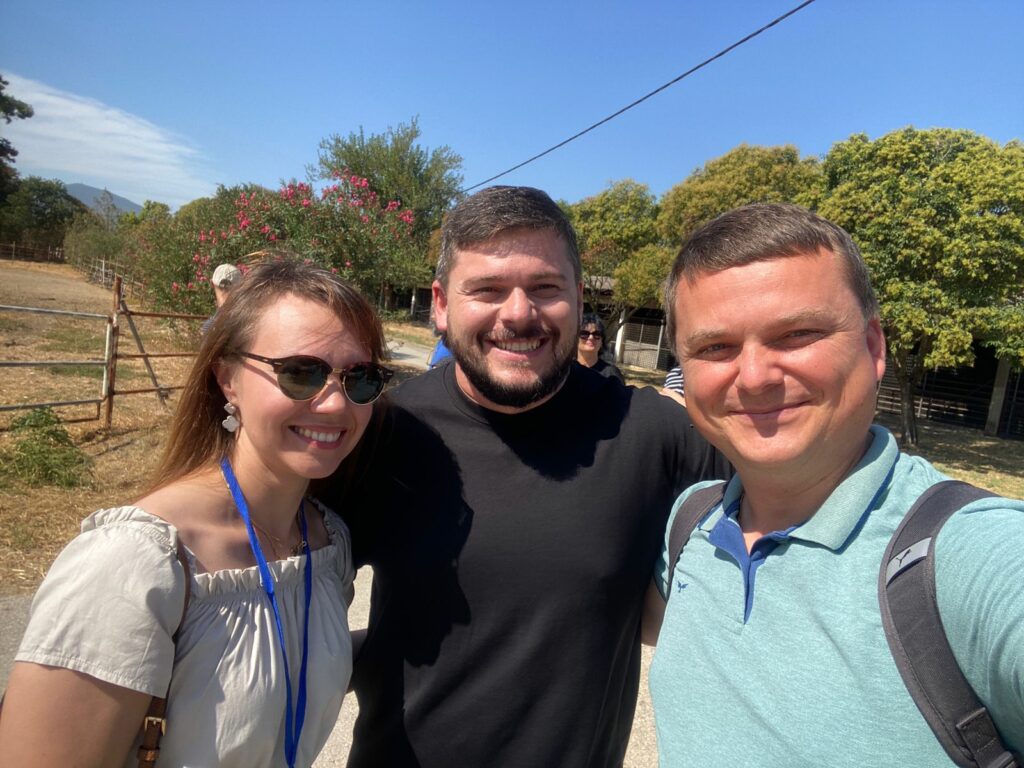
For Khmelnytskyi National University, participation in this Erasmus+ study visit is an important step towards modernising educational programmes, aligning them with the current challenges of the agricultural sector, and integrating international experience, particularly in the field of Precision Agriculture. The knowledge gained will help KHNU contribute to the recovery of Ukraine’s agricultural sector and strengthen international partnerships.